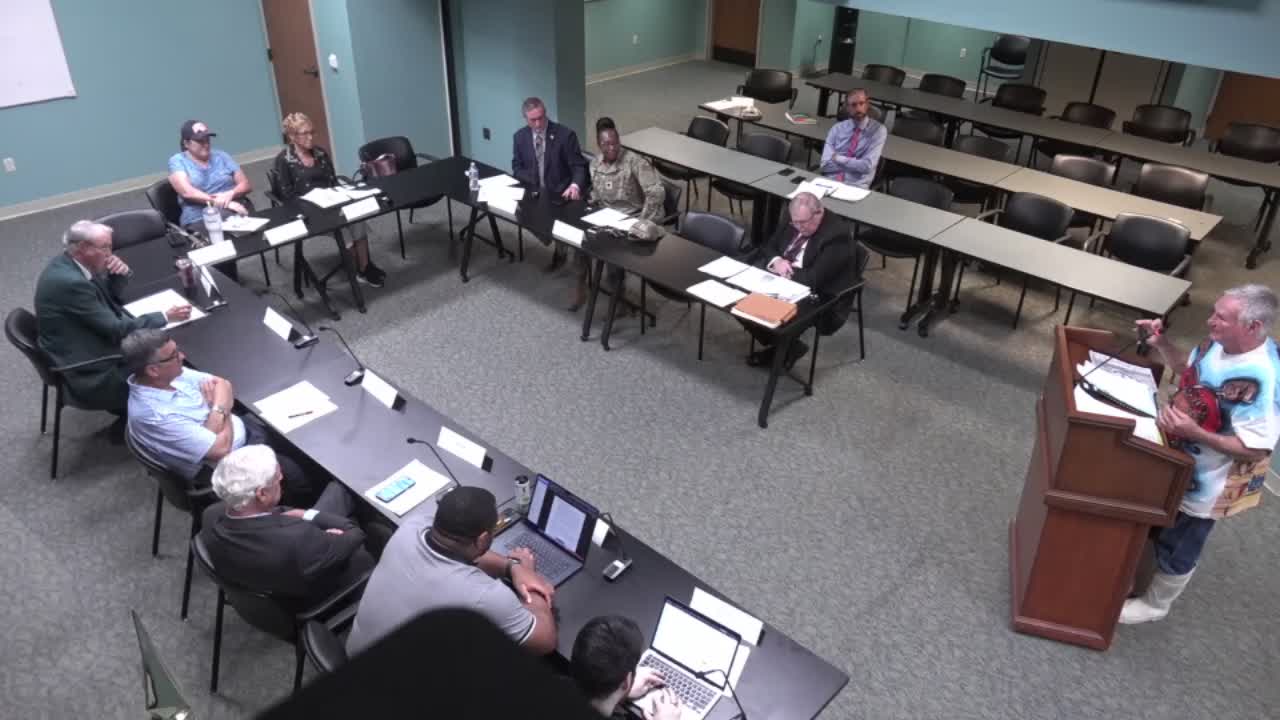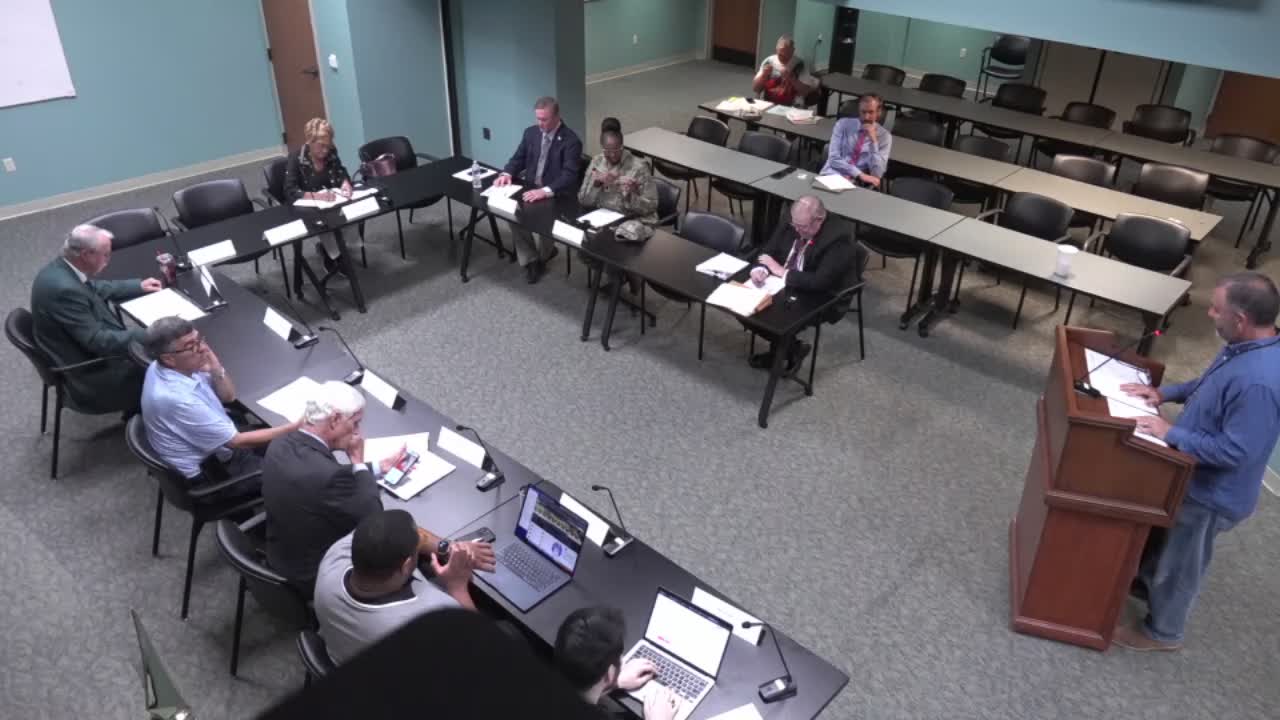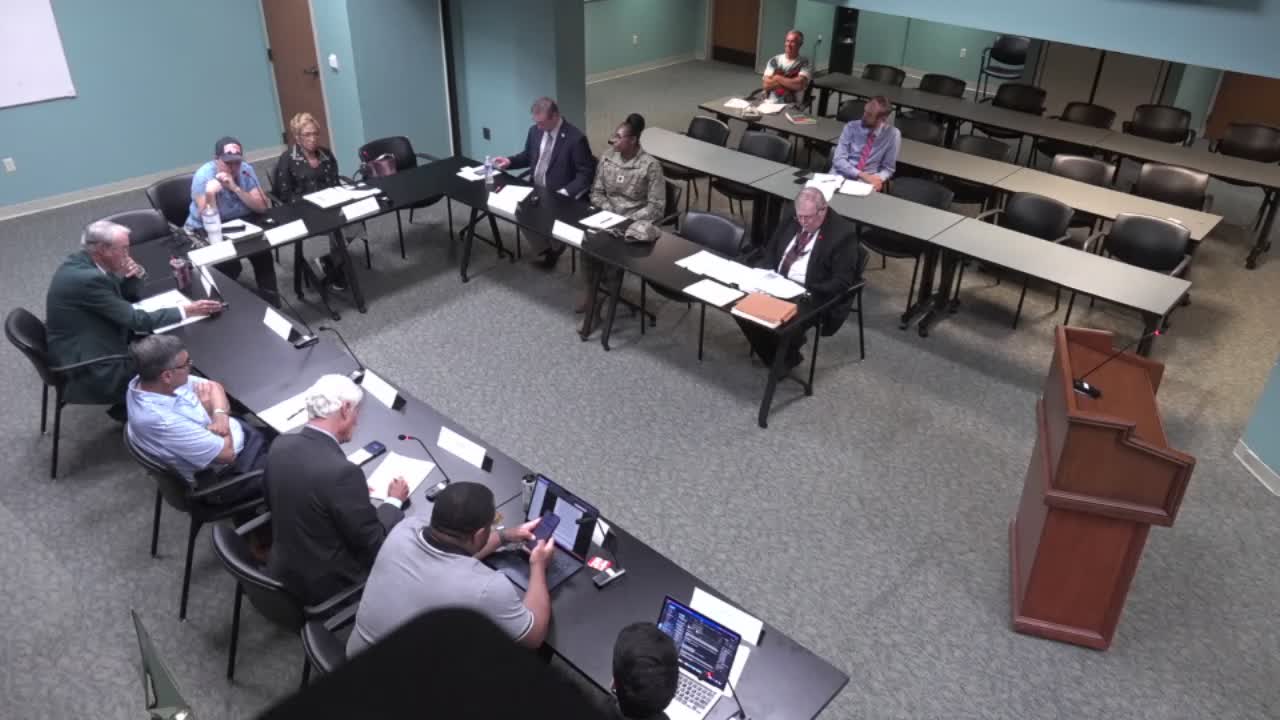Article not found
This article is no longer available. But don't worry—we've gathered other articles that discuss the same topic.

Council auditor flags $600,000 payment outside contract terms in residential waste-hauler audit; commissioners seek follow-up

Councilman outlines owner-direct purchase policy to expand small contractors' buying power, cites $1.1 million in sales-tax savings

